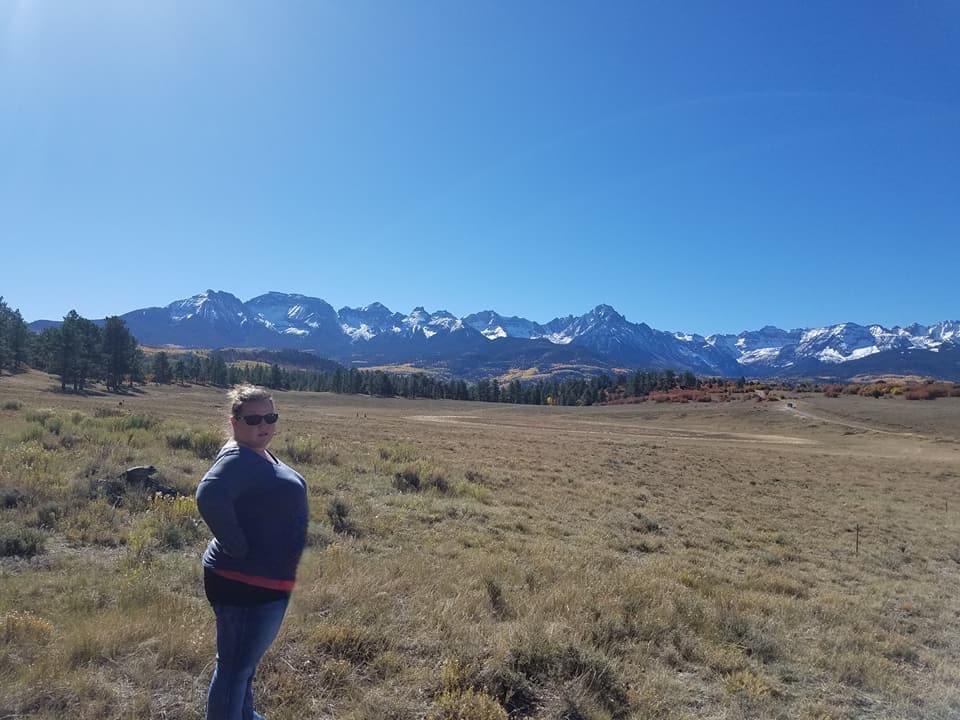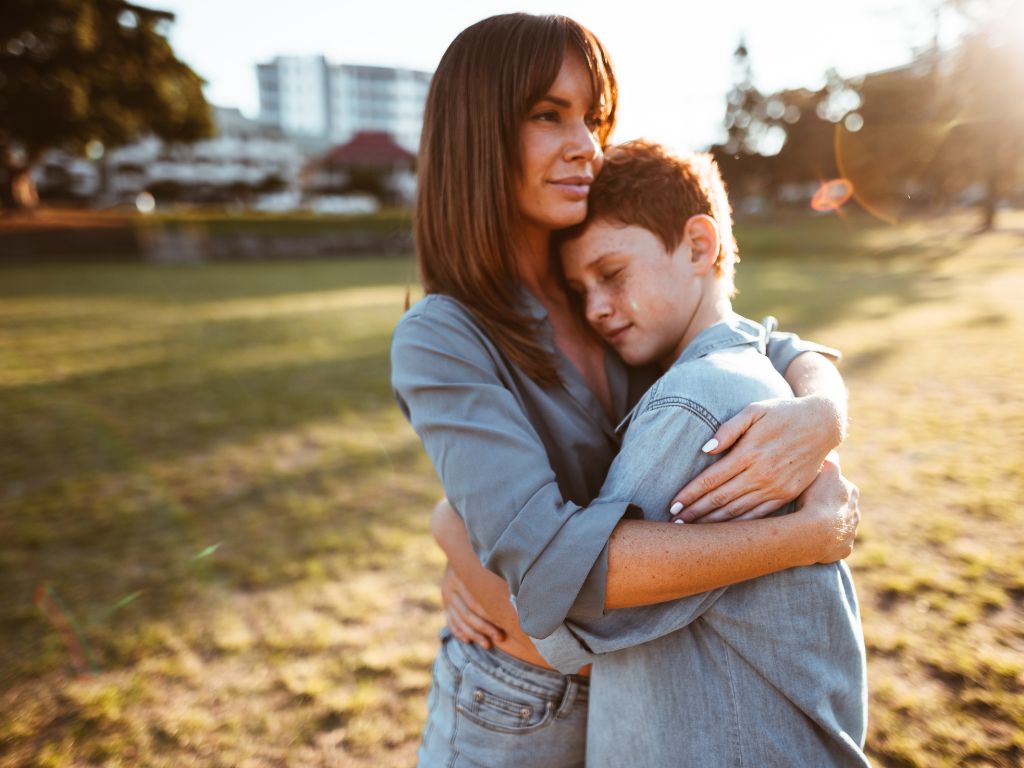On the Case: Rural Caseworker Serves as a Strong Advocate for Her Community

Linnea Edwards is the ultimate advocate for rural casework. As the Deputy Director for Child Welfare in Ouray and San Miguel counties, she sees firsthand the impact child welfare has in her small community.
“You really get to know your people—in your office, in your community, in law enforcement,” said Linnea. “Because of the limited number of services we have available in our community, you learn to think outside the box when it comes to getting families what they need and showing up for them.”
One example Linnea shared was managing supervised family time. There’s no supervised family time agency within 30 minutes of either community, which requires Linnea’s team get creative about solutions. “It’s important to us to provide consistent family time, so I have caseworkers that willingly transport kids over two hours each way so they can visit in their home with kin.”
Because of size of their small team, Linnea says every caseworker, including herself, fondly call themselves generalists. “I may only have five cases, but I’m doing it all for those five cases. I find that unique and enjoyable. Those of us doing generalist frontier community work are very knowledgeable in all aspects of child welfare.”
Linnea’s journey to child welfare started over 16 years ago when she started her career in Montrose County as an ongoing caseworker, eventually serving as an intake worker and lead supervisor before moving to Boulder County. In October 2020, a role became available in Ouray and she eagerly returned to the western slope.
“Throughout my roles in casework, I’ve really learned that my job is to look at each family holistically,” said Linnea. “My job is to figure out how this family system functions and build long-term relationships to understand and support them.”
Linnea is a proponent of Differential Response (DR), the process and philosophy of engaging families that includes holistic family assessments. This approach encourages the exploration of every possibility besides removal from the home that still keeps a child safe. This includes family engagement meetings, support planning, group supervision and more – a whole set of practices focused on keeping families together while ensuring children are safe.
Often times, this includes providing support for families in the form of therapy, special economic assistance, referrals for preventative services or high-fidelity wraparound services.
“If we catch families early on through a family assessment response (FAR), we can provide support services that may prevent or discourage further involvement with the child welfare system,” explained Linnea.
Since Linnea serves in a director role and works on cases of her own, she brings a unique perspective to the regional leadership meetings she attends. “Because we’re small and doing everything for each case, it’s helpful that I can provide ‘on the ground’ feedback and input on what my families need,” said Linnea. This helps Linnea serve as a stronger advocate for greater system changes related to funding or services.
Linnea’s passion for her work, her team and her community is palpable. When asked about what her future looks like in child welfare, she smiled and said, “That’s easy—I’m a lifer.”
More Posts







